All course content is in English. This product is shared via a Google Drive download link, so please provide your correct Gmail address when ordering. Please note that this course does not include CME points or certificate.
Join us for a dynamic one-week, live-streamed, virtual graduate course hosted by the Department of Emergency Medicine at Massachusetts General Hospital (MGH). Designed for emergency physicians, physician specialists, primary care physicians, physician assistants, nurse practitioners, nurses, and emergency medical technicians (EMTs), this live-streamed course offers a unique opportunity to learn from leading experts in the field. Over the course of five days, you will delve into a wide range of topics, including:
-
5 Tests to Consider Avoiding in Your Pediatric Emergency Patients: Why It's Good for You and Good for Them
-
Acute Compartment Syndromes
-
Advances in the Treatment of Ventricular Fibrillation and Sudden Cardiac Death
-
Applying Systems Engineering and Innovation to Improve Patient Experience in the Emergency Department (ED)
-
Management of the Severely Traumatized Patient
-
ARDS (Acute Respiratory Distress Syndrome)
-
Burns
-
Cardiac Arrest
-
Circulatory Shock Quiz
-
HCI Code: The first hours of intracerebral hemorrhage
-
Considerations in Anticoagulation Reversal
-
Critical Care Double Sessions: Push-Dose Vasopressors and Phenobarbital for Alcohol Withdrawal
-
Diagnosis and Treatment of Pulmonary Embolism
-
Burnout in Emergency Medicine
-
Emergency Preparedness
-
Escalation Alert: Best Communication Practices to Keep ED Staff and Patients Safe
-
Ophthalmologic Emergencies
-
POCUS (Point-of-Care Ultrasound) algorithm for fever.
-
Falls in Geriatric Patients
-
Hand Emergencies
-
Management of Critically Ill Patients with Septic Shock
-
Mild Traumatic Head Injury
-
Necrotizing Infection of Soft Tissues
-
Neonatal Resuscitation
-
Pediatric Trauma and Concussion
-
Physiologically Difficult Airway Cases
-
Point-of-Care Ultrasound (POCUS) (EFAST, Cardiac, Pulmonary, Procedural)
-
Postpartum Hemorrhage
-
Priapism Management
-
Reading Cardiac Ischemia on ECG: Basic Concepts
-
Expansion of Humanitarian Assistance from Ebola to Ukraine
-
Sepsis Updates
-
Sexually Transmitted Infections (STIs)
-
"Shock and Awe": Six Strategies to Prevent Hemodynamic Collapse
-
The Digital Transformation of Emergency Medicine
-
Updates in Ischemic Stroke
-
Virtual Observation: Lessons Learned in Redefining the Boundaries of the ED
This interactive course will include didactic presentations followed by Q&A sessions, case reviews, problem solving and other participatory formats through remote learning. Participants will have many opportunities to develop new strategies to incorporate into their practice environment. All presentations will be recorded and available for asynchronous viewing in case of time zone or schedule conflicts.
Target Audience
-
Emergency Physicians
-
Primary Care Physicians
-
Other Medical Specialists
-
Medical Assistants
-
Nurse Practitioners
-
Nurses
-
Other professionals
Learning Objectives
At the end of this activity, participants will be able to:
-
Identify the underlying tachyarrhythmia.
-
Identify the most up-to-date therapies for cardiac arrest.
-
Integrate the latest evidence-based practice strategies in the treatment of patients with acute hemorrhagic stroke.
-
Use the latest evidence-based algorithms and strategies in the management of Pulmonary Embolism (PE) and Deep Venous Thrombosis (DVT).
Archives:
Friday 1 Approach to the Sick Trauma Patient.mp4
Friday 2 Physiologically Difficult Airway Cases.mp4
Friday 3 Fever POCUS Algorithm.mp4
Friday 4 Necrotizing Soft Tissue Infection.mp4
Friday 5 Tests to Consider Avoiding in Your PEM Patients Why It_s Good for You And Good for Them.mp4
Friday 6 Managing Critically Ill Patients with Septic Shock.mp4
Friday 7 Diagnosis and Treatment of Pulmonary Embolism.mp4
Friday 8 Scaling Humanitarian Aid, from Ebola to Ukraine.mp4
Monday 1 Reading Cardiac Ischemia on ECGs The Basics.mp4
Monday 2 The Digital Transformation of Emergency Medicine.mp4
Monday 3 Geriatric Falls.mp4
Monday 4 Eye Emergencies.mp4
Monday 5 Emergency Medicine Burnout.mp4
Monday 6 Advances in the Treatment of Ventricular Fibrillation and Sudden Cardiac Death.mp4
Monday 7 Acute Compartment Syndromes.mp4
Monday 8 Hand Emergencies.mp4
Thursday 1- Burns.mp4
Thursday 2- Considerations in Anticoagulation Reversal.mp4
Thursday 3- ARDS.mp4
Thursday 4- Critical Care Double Feature Push-Dose Pressors, and Phenobarbital for Alcohol Withdrawal.mp4
Thursday 5- Mild Head Trauma.mp4
Thursday 6- Updates in Ischemic Stroke.mp4
Thursday 7- Cardiac Arrest.mp4
Thursday 8- Sexually Transmitted Infections.mp4
Tuesday 1 Postpartum Hemorrhage.mp4
Tuesday 2 Code ICH The first hours of intracerebral hemorrhage.mp4
Tuesday 3 Escalation Alert Best Practice Communication to Keep ED Staff and Patients Safe.mp4
Tuesday 4 Emergency Preparedness.mp4
Tuesday 5 Pediatric Trauma & Concussion.mp4
Tuesday 6 Priapism Management.mp4
Tuesday 7 Shock and Awe Six Strategies to Prevent Hemodynamic Collapse.mp4
Tuesday 8 Circulatory Shock Quiz Bowl.mp4
Wednesday 1 POCUS - Procedures - peripheral IV & Lumbar Puncture.mp4
Wednesday 2 POCUS - eFAST.mp4
Wednesday 3 POCUS - Cardiac & Lung.mp4
Wednesday 4 POCUS - Pediatric Cases.mp4
Wednesday 5 Applying Systems Engineering and Innovation to Improve ED Patient Experience.mp4
Wednesday 6 Virtual Observation Lessons Learned From Redefining The Walls of the ED.mp4
Wednesday 7 Neonatal Resuscitation.mp4
Wednesday 8 Sepsis Updates.mp4
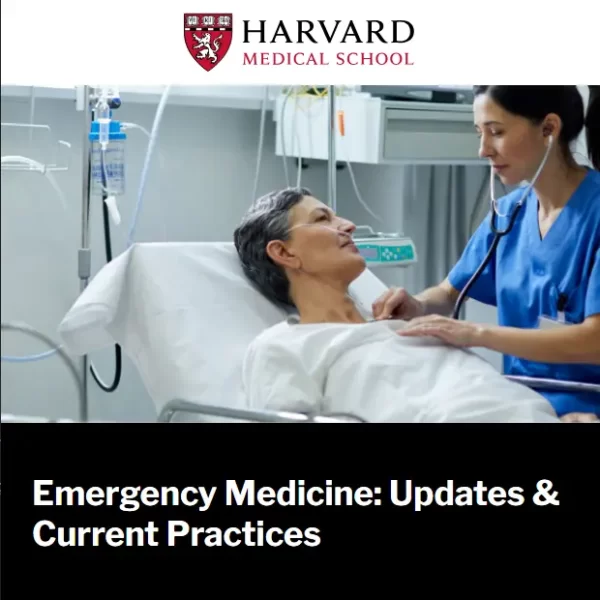
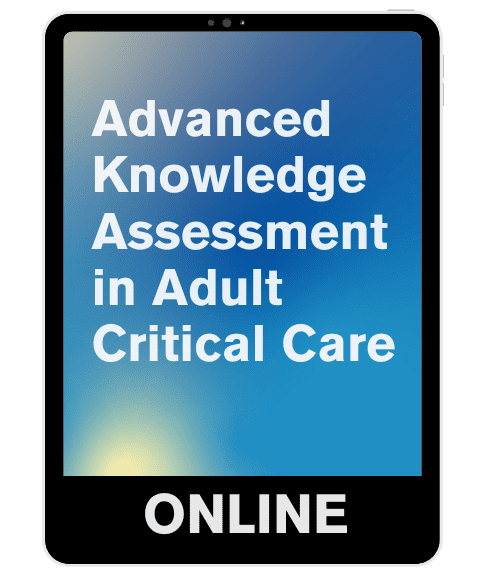
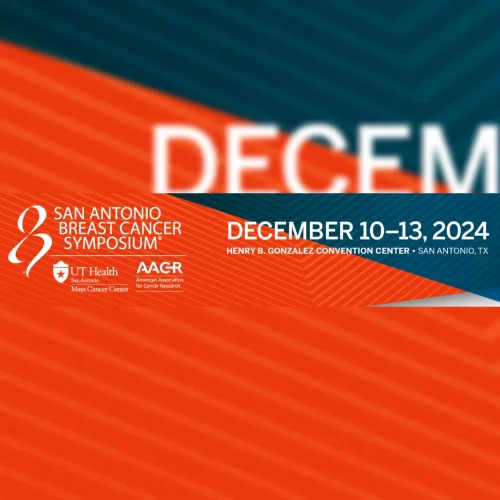
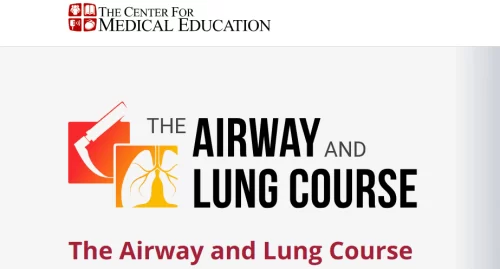
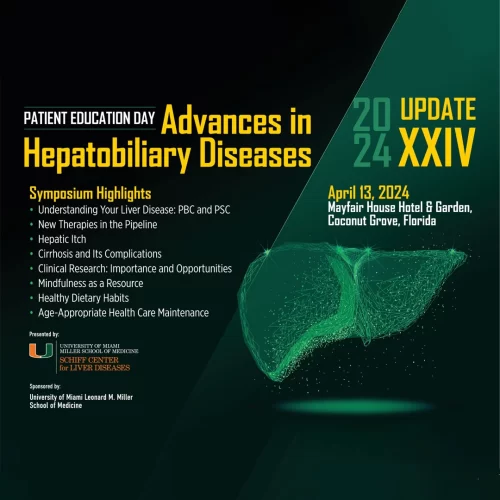
Reviews
There are no reviews yet.